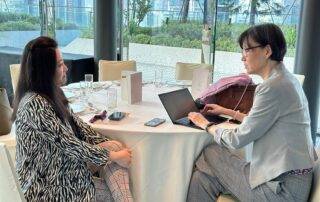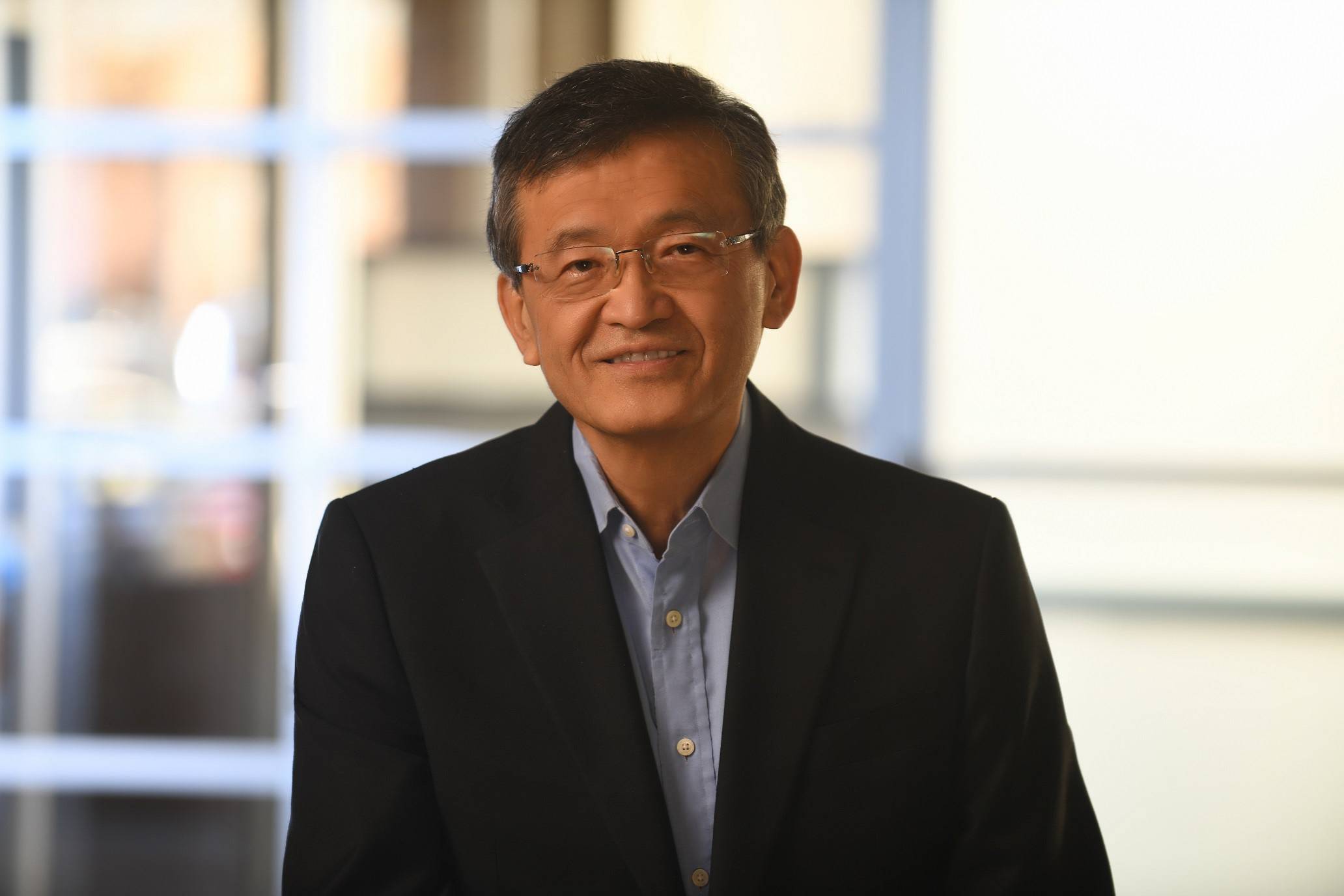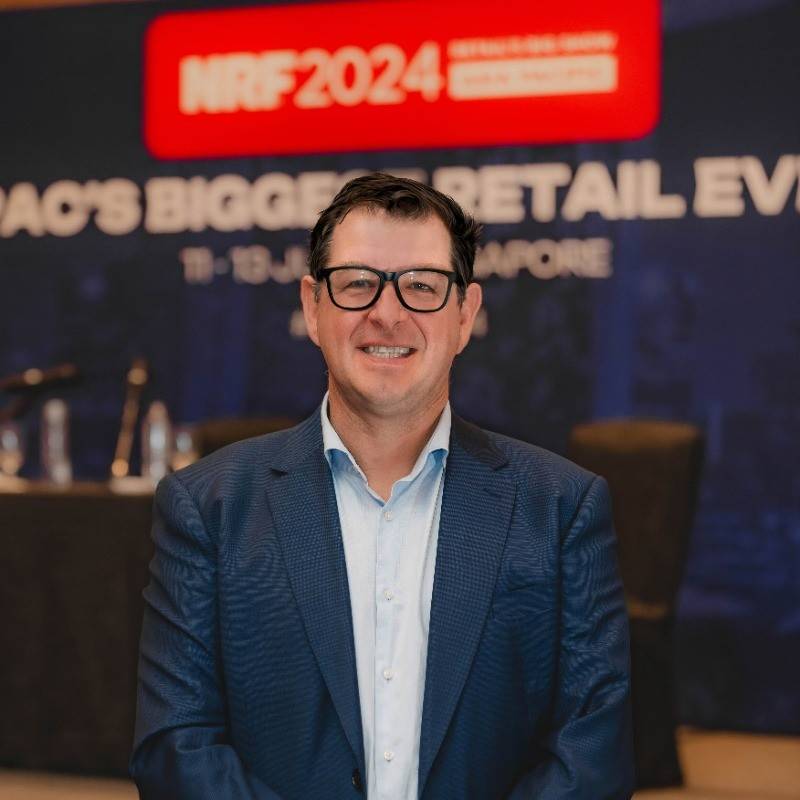When CXpose.tech met Liana Yu during DotConnector’s Asia Pacific Digital Innovation Expo (ADiE) in Singapore, she shared about the Chinese social media account she began in 2020 to organize her notes from 80 books she had read the previous four years — 40 books in the year 2020 alone — related to marketing and business. But, this lady does more than study theory, having had extensive localization experience with various multinational brands in a diverse range of industries.
Liana Yu, a seasoned professional with over 15 years of experience, shared about her brand marketing, digital marketing and project management work with Starbucks, Anheuser-Busch InBev, and most recently, the hospitality industry.
For example, during her time at Starbucks in China, Liana achieved great success with online-to-offline traffic-driving initiatives.
As early as 2008, she began leveraging digital channels to boost foot traffic to physical stores. Collaborating with a local check-in app, she implemented innovative digital marketing strategies such as check-in coupon promotions to attract online users to offline consumption. “At that time Starbucks was already a premium coffee brand and visitors who came to outlets and drank Starbucks coffee could share on their social media status,” Liana said, adding that Starbucks is a very good example of a global brand that leapfrogged advertising in traditional media like television to digital media like the Internet.

Liana Yu, Accor Group
This in part is due to a policy the brand had about being portrayed as the Third Place , or the go-to place after home or work, to gather, and relax. This provided strong support for Starbucks’ sustained growth in the Chinese market, and rapidly grew the number of Starbucks outlets from 100 to over 500 within five years.
The power of Localization
As one of the leading global beer brands, Anheuser-Busch InBev’s strategy had identified two major ‘drinking scenarios’ that were ripe with opportunities — music events and sports events.
So even with one campaign, there are different brands which had to be executed in different ‘flavours’.
“That early on in my career, I think I am very lucky to have had the opportunity to work with top brands like these that have huge resources in terms of budgets and teams, and more,” Liana shared explaining that for the sponsorship activation of one particular sporting event – the FIFA World Cup – the beer company had purchased over 100 local beer brands.
“So, for the FIFA campaign that we activated we helped the four major brands to execute FIFA campaigns. Each of them target different audiences so they do not have the same creative message, the same media exposure, or the same media choice.”
There were three major brands involved in the campaign — Budweiser, which has a premium image for Chinese consumers who prioritize social status; Harbin, which Liana described as a nationally recognized brand; and Sedrin beer which is very popular in certain areas like Fujian province and within Shanghai municipality.
“So even with one campaign, there are different brands which had to be executed in different ‘flavours,” Liana explained.
This campaign is one example of how Liana helped to increase market share and brand preference via the beer company’s sponsorship activations to elevate the image of its brand through sports events and further cement its position as a frontrunner.
Hospitality and the need for a digital ‘factory’
How can a hotel group’s products maintain the local flavours of a diverse region like China as successfully as Anheuser-Busch InBev did with their various beer brands?
In her current role as Senior Director of Digital and Innovation at a global hotel group, Liana had quickly observed how products and services in hospitality are more dynamic than products in most other industries.
For example, when needing to set room rates, there are many parameters to consider like room types, tiered brands, the changing daily inventory of rooms, and other dynamic factors like booking dates, length of stay, membership status, as well as the many online platforms that ‘sell’ hotel rooms.
“And I think this industry has been highly digitalized since very early on. You do not go to the hotel to book a room, and there is no face-to-face interaction before purchase decisions like there is in the retail business, for example,” she explained.
From very early on, reservations would be made through a phone call or a fax, and later on through the website which necessitated the need for a digital infrastructure.
“But, this infrastructure has been there for many years, which is a painful situation because now it is very old and needs to be upgraded to include the various ‘logics’ of the business,” Liana pointed out. For example, there are strategic partnerships that the group has formed with established Chinese companies, the likes of Alibaba, Douyin, Trip.com and more, which need to integrate with the hotel group’s digital infrastructure.

Raffles Hainan Clear Water Bay in China
Not to mention, hospitality brands like Accor have the unique challenge of providing loyalty programs that adhere to the privacy laws of all the countries they operate in. “Loyalty members would expect to redeem accumulated points and be given their entitled nights, no matter where in the globe they may be,” Liana said.

Pullman Resort Xishuangbanna in China
On top of that are China-centric regulations as well as global regulations that need to be adhered to. Liana gave the example of China ride-hailing company, Didi, being fined USD1.2 billion in 2022 for violating cybersecurity, data security, and personal information laws under an expanded regime China had revised to improve data handling.
All of these explain the need for a centralized digital platform of sorts, because a hotel’s core infrastructure needs to be integrated with more capabilities like loyalty program management, pricing management, inventory management, and also with the core systems of other brands that exist within a hotel group.
In response to all these, Accor launched the Digital Factory China in 2021 – an extension of the group’s global Digital & Business Factory based in Paris. This is with the aim of being better able to address the different local laws and local languages in China, and provide more personalized experiences for the Chinese market
Understanding local market dynamics and customizing global strategies to local conditions is important, as seen with Liana’s role adapting the hotel group’s digital infrastructure for China’s unique regulatory environment and consumer preferences.
Being a voracious reader and continuous learner, Liana opined, “If companies and individuals want to grow and stay competitive, they have to be open to learning.”










